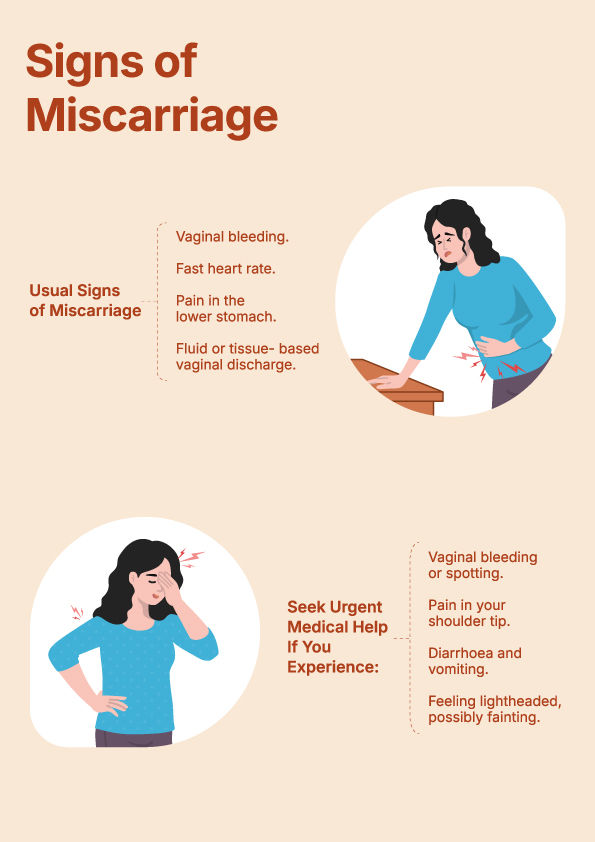Chronic Medical Conditions and Miscarriage
Miscarriages can be caused by chronic conditions such as high blood pressure, thyroid disorders, diabetes, and autoimmune diseases like lupus or antiphospholipid syndrome. Autoimmune diseases cause the immune system to attack healthy cells, leading to complications like blood clotting, premature pregnancies, and miscarriage. Uncontrolled hypertension increases miscarriage risk by reducing blood flow to the placenta, affecting fetal growth.
In addition to chronic conditions, factors like nutritional deficiencies (e.g., Vitamin D3), lifestyle choices, infections, environmental toxins, and the father's health can also negatively impact pregnancy. Addressing these factors is important for a healthier pregnancy.
The risk of miscarriage is highest around 11 weeks, so early pregnancy care and precautions are vital for a successful outcome. Management of these health issues, under the guidance of a healthcare provider, can significantly reduce miscarriage risk.
Lifestyle Factors: Smoking, Substance Abuse, and Caffeine
In addition to age and chronic conditions, lifestyle choices can also impact pregnancy health. Smoking, substance abuse, and excessive caffeine intake can all lead to complications.
Smoking during pregnancy reduces oxygen flow to the baby, which can result in developmental issues. Alcohol consumption disrupts hormone balance and affects implantation, increasing the risk of miscarriage.
Pregnant women should limit caffeine intake to no more than 200mg or about one cup of coffee a day. Excessive caffeine may cause uterine contractions and cause spontaneous abortion, particularly in the early stages.
Infections and Environmental Toxins
External threats like infections can also become a factor in pregnancy loss. If you don't get proper treatment, it can ultimately lead to a miscarriage. Most of the bacterial or viral infections impact the reproductive system or even the overall immune system. Speaking of the most common, Rubella is a viral infection that can cause severe congenital abnormalities during pregnancy.
Similarly, sexually transmitted infections like syphilis, herpes, and chlamydia can disrupt placenta functioning and lead to fetal death. Moreover, exposure to environmental toxins like pesticides, chemical solvents, industrial smoke, etc. can increase the risk of miscarriage in the early pregnancy stages.


